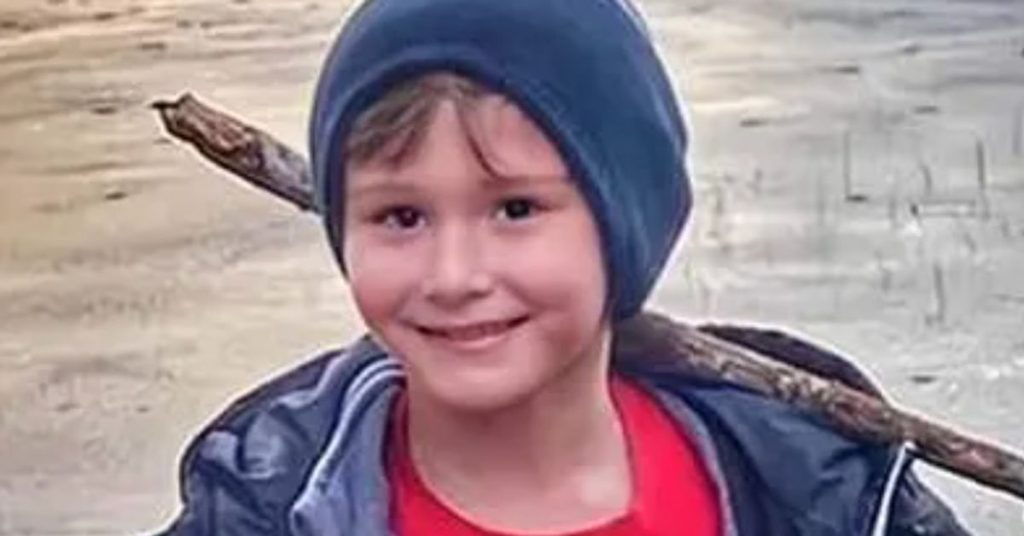The horrifying surveillance footage of Christopher Gregor forcing his 6-year-old son, Corey Micciolo, to run on a treadmill at a high speed, even as the boy struggled and fell multiple times, was shown to jurors in his murder trial in Toms River, New Jersey. Thirteen days after the incident, Corey was pronounced dead in the hospital. Initially, the cause of death was determined to be blunt force trauma, but almost a year later, it was confirmed to be homicide due to blunt force trauma impact to his chest and abdomen.
In the opening statements of the trial, prosecutors argued that in addition to blunt force trauma, Corey had lacerations on his heart and liver, contusions all over his body, and documented bruises and scratches in different stages of healing. On the other hand, the defense claimed that Corey’s death was not caused by the bruises sustained from the treadmill incident, but rather by pneumonia and sepsis. There were also allegations that some of the bruises were from playing football, and the injuries to Corey’s liver and chest were due to chest compressions during CPR.
Corey’s mother, Breanna Micciolo, had filed an emergency custody request after she noticed bruises on Corey and learned about the treadmill incident. However, her request was denied, and Corey was later taken to a hospital where medical tests showed no signs of respiratory distress or infection. Corey’s condition deteriorated rapidly, and despite lifesaving measures, he was pronounced dead at 5:02 p.m. Sgt. Raymond Coles testified about Gregor’s actions in the hours and days following Corey’s death, which raised concerns about him being a flight risk.
Investigators found disturbing searches on Gregor’s phone after Corey’s death, including inquiries about internal bleeding, gastrointestinal bleeding, and how long it takes for charges to be filed after an autopsy. Gregor had also made attempts to evade authorities, leading to his arrest in Tennessee. A search of Gregor’s home revealed soiled clothing that belonged to Corey on the day he died, indicating a potential cover-up or attempt to conceal evidence. Despite being offered a plea deal, Gregor rejected it and could face life in prison if convicted of murder, with the child endangerment charge carrying a maximum sentence of up to 10 years.


